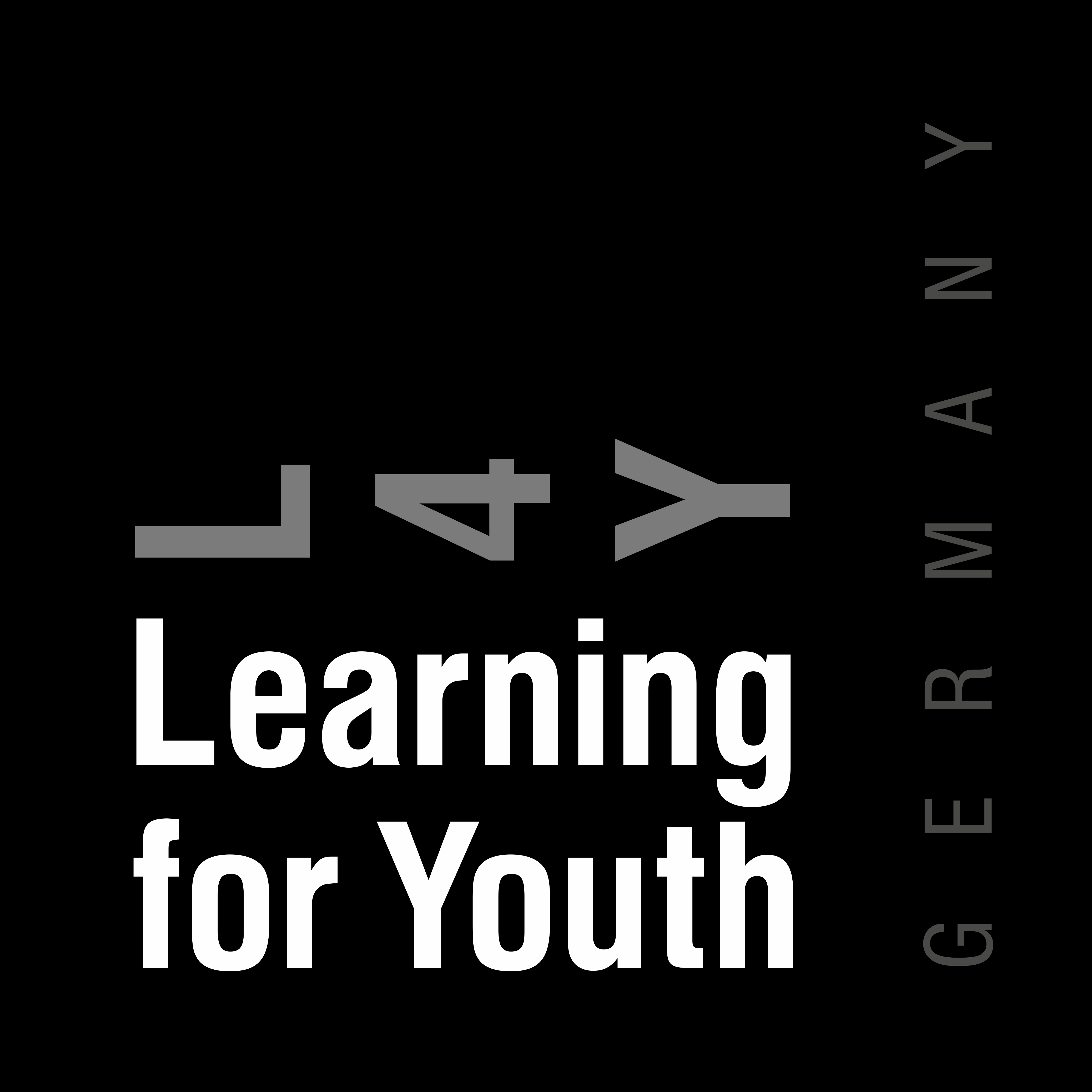Enterprise Resource Planning (ERP)
for VET Teachers
Discover how Enterprise Resource Planning (ERP) can simplify management tasks for VET teachers. Follow our project, Introduction to Enterprise Resource Planning (ERP) Software for VET Teachers – ERPSW (2023-1-DE02-KA210-VET-000150687), as we explore how ERP helps organize resources, streamline operations, and boost efficiency in vocational education.

Aim
The primary aim and impact of this project are to address the demand for ERP software operators and programmers.
Training VET Trainers on ERP Software
Improving VET Trainers' Skills and Knowledge
ERP Software into Their Curriculum
Enhancing the Employability
Training Structure
Unit 1: Introduction
to Enterprise
Resource Planning
(ERP) Systems
1.1 ERP Systems
1.2 Benefits and Challenges of ERP
UNIT 2: Customer
Relationship
Management with
ERP System
2.1 Fundamentals of CRM in ERP
2.2 Basic information of CRM module
2.3 Common and different usage areas in ERP systems
Unit 4: Software
Development and
Data Analysis
4.2 Techniques for Analyzing Business Data
Newsletter & Posters


Founded in 2011 in Köln, Germany, Xient GmbH specializes in ERP software, AI solutions, and data services. We partner with major enterprises and focus on training young IT talents. Our expert team excels in data security, modeling, reporting, and software development using tools like SAP and SQL
Xient GmbH

Founded in 2018 in Pirmasens, L4Y Learning For Youth combines art and technology to address social issues like migrant integration and environmental protection, focusing on youth and VET fields.
L4Y Learning for Youth GmbH

Hadımköy MTAL in Istanbul offers technical programs in Industrial Automation, Machinery Design, Aircraft Maintenance, and Transportation. Serving 1,200 students, the school hosts Ministry-supported projects, promotes environmental awareness, and organizes TÜBİTAK-backed science fairs.
Hadimköy Mesleki ve Teknik Anadolu Lisesi

Funded by the European Union. Views and opinions expressed are however those of the author(s) only and do not necessarily reflect those of the European Union or the European Education and Culture Executive Agency (EACEA). Neither the European Union nor EACEA can be held responsible for them.




